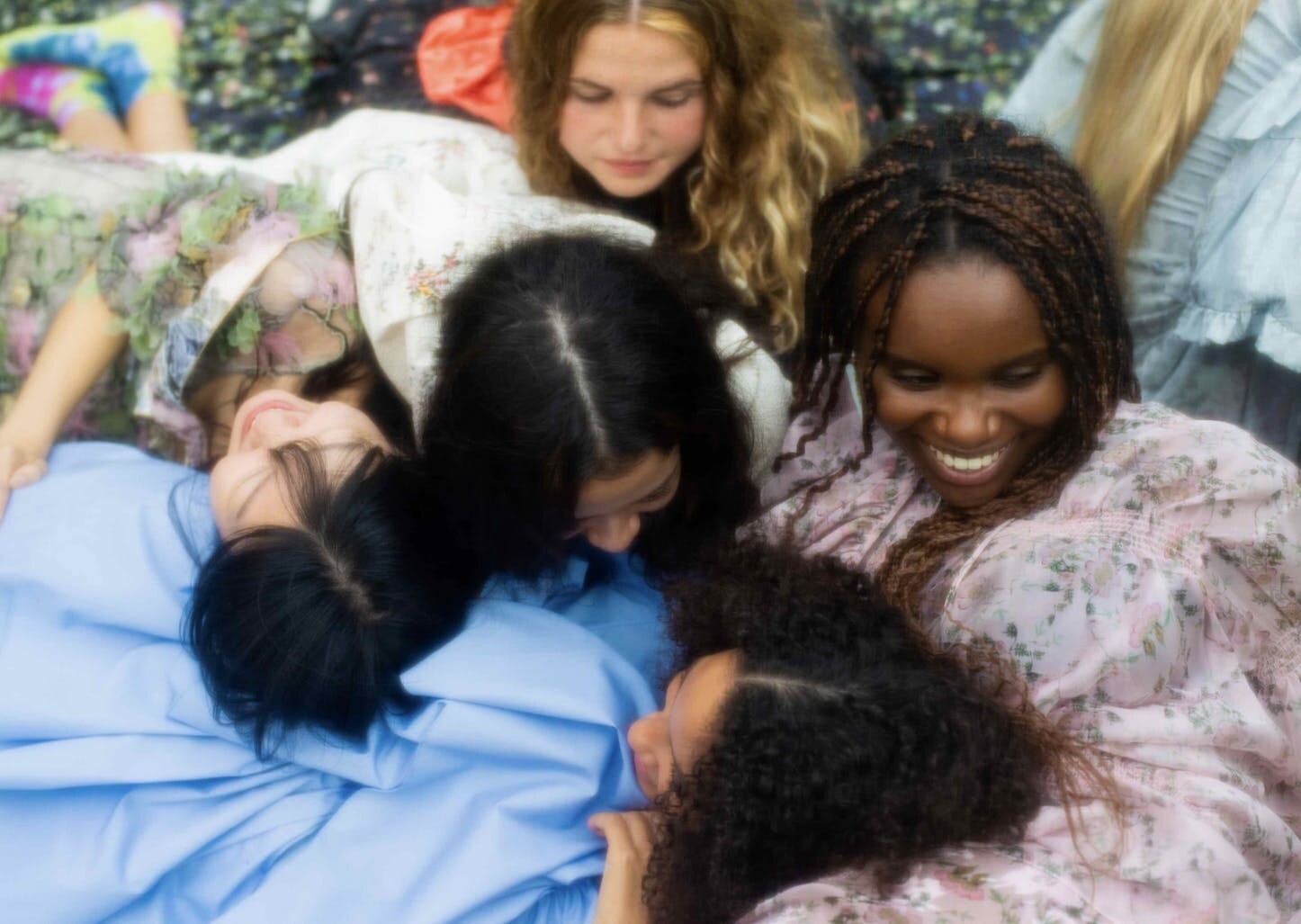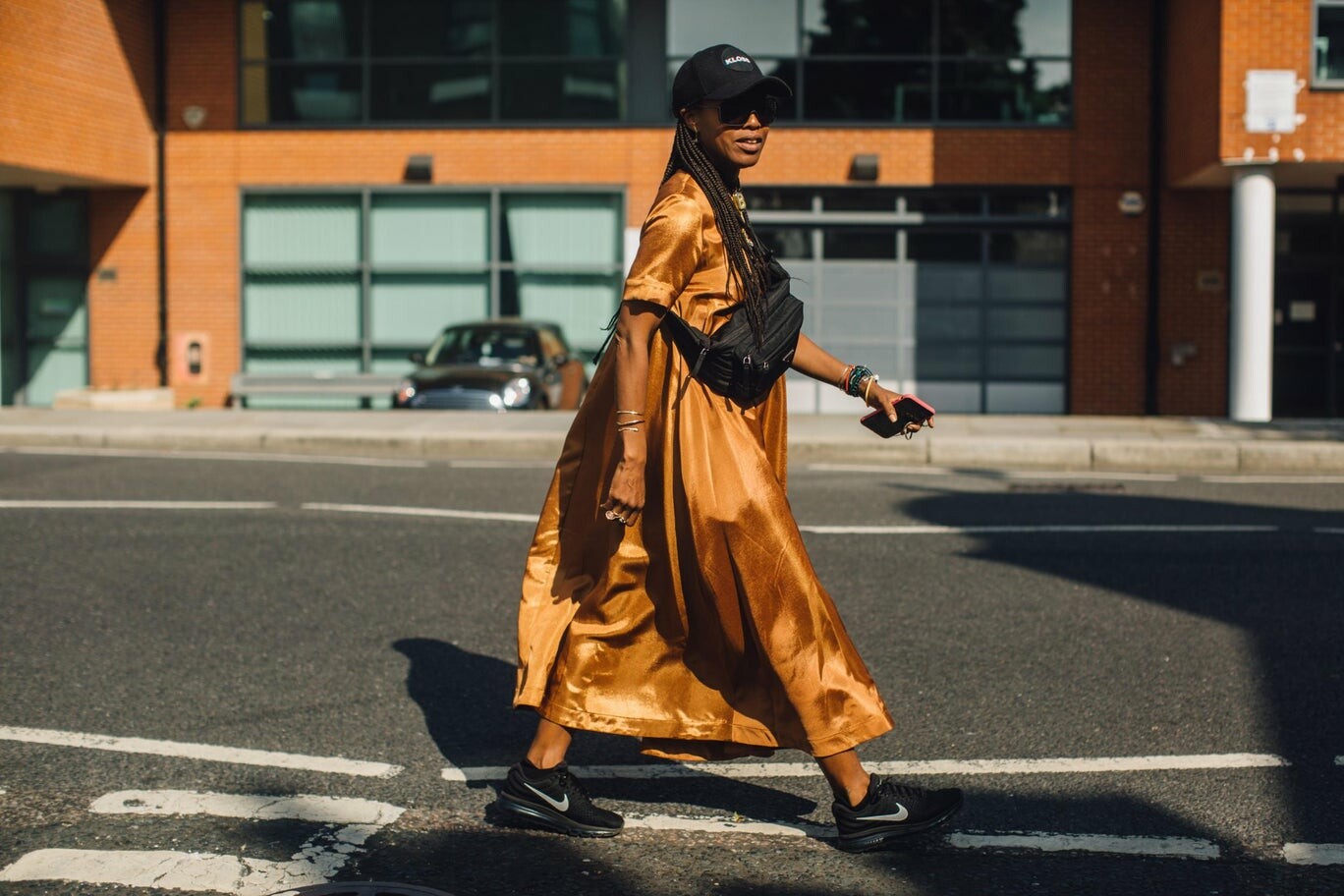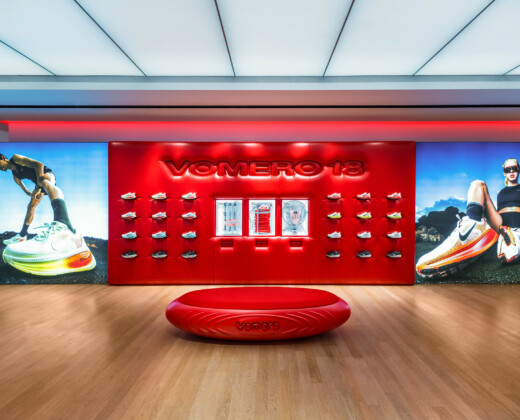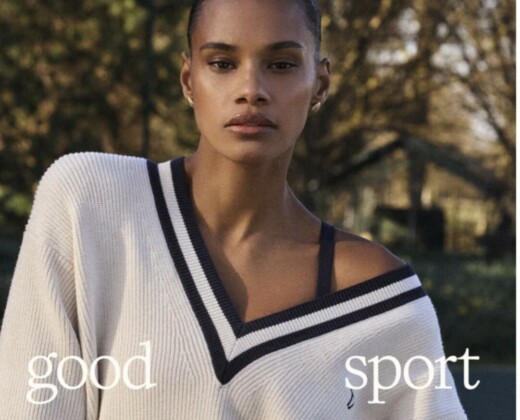
London fashion week is the prized seasonal event which is eagerly anticipated by the fashion industry big players and stylish consumers alike. LFW fuses the latest creations by both established fashion houses and rising independent designers, curated into a beautiful showcase of a runway for the world to admire.
Year after year LFW has provided in-person shows which have seen their fair share of faces from around the world. However, with government restrictions to social gatherings causing strife throughout 2020 and with the recent news of another UK national lockdown, the British Fashion Council have decided to host the majority of LFW shows through a digital platform, with a minority of shows being showcased in and around London.
The LFW runway schedule will be running between 19-23 February, with an exciting list of an eclectic mix of designers which has been released for preview on the official LFW website. The line-up boasts familiar names such as Emilia Wickstead and ERDEM, as well as up and coming talent such as Matty Bovan and EFTYCHIA.
Another adjustment LFW are making this year is the merging of LFW menswear and womenswear collections. This is to promote a genderless showcase of work that illustrates an inclusive future for fashion.

This is the replacement model for men’s fashion week, which would be otherwise held in January but cannot go ahead due to the latest Covid-19 and post Brexit constrictions which would arise challenges surrounding the movement of goods and samples in a single market and customs union.
Caroline Rush, BFC chief executive said: “As the fashion industry moves towards a more sustainable and responsible future in line with the newly formed Institute of Positive Fashion, our aim is to continue to redefine our fashion week model, embracing digital and technological innovation while offering ideas and solutions that will work for all designer businesses. Moving LFWM into LFW in February will continue to de-gender LFW, allow designers greater flexibility to consider what collection they show when and minimise travel requirements, taking us one step closer to a more sustainable future.”
While this change of how we celebrate new designers and collections is inevitable, we can choose to view this change in an optimistic light and continue to use the platform of LFW as it was intended to be used; to support the future of fashion and its creators.
Words by Sophia Zenonos







